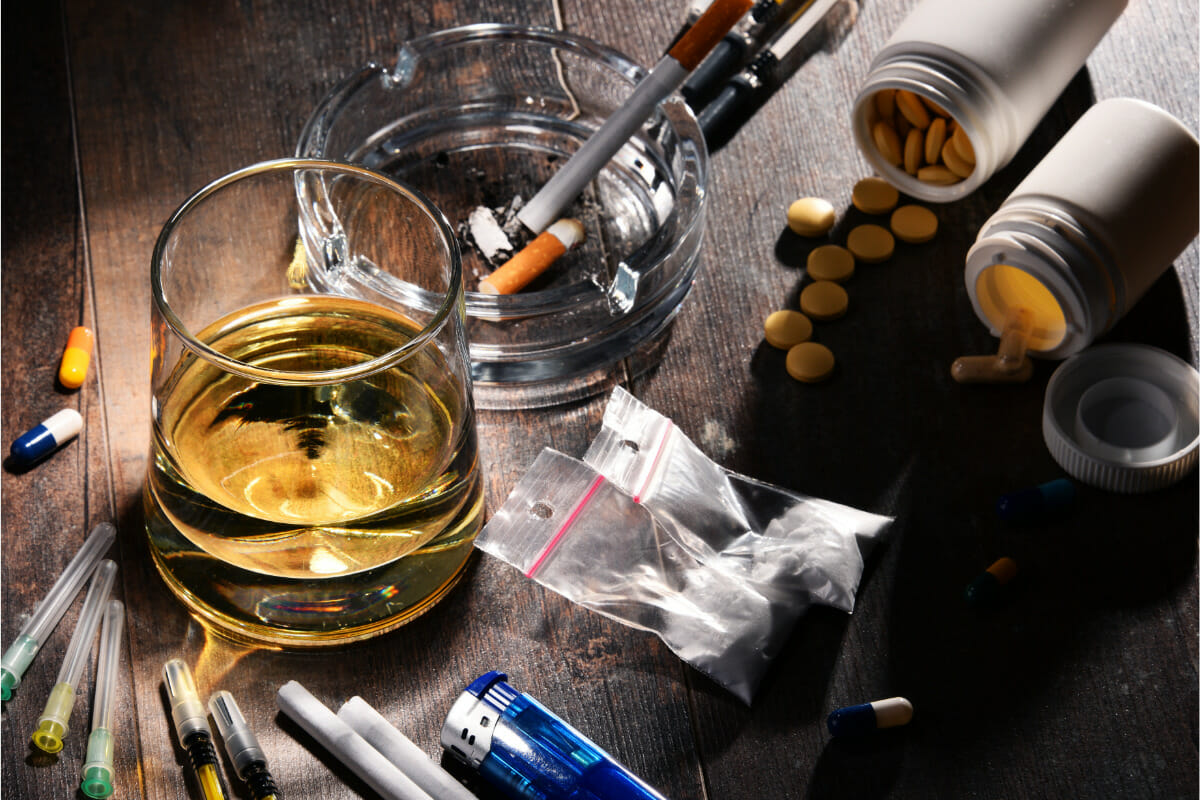The disease of addiction will cause a person to always want more. After they start with one substance, they may find themselves drawn to others. That’s because there’s always the promise of a better high, though it never comes without a price. Thus, it is common for someone to abuse and become addicted to more than one substance at once. Most often, a person seeks out combinations of substances that provide intense effects.
However, a person compounds their risk of addiction by combining multiple substances in their body and bloodstream. In addition to the increased risk of physical overdose, individuals can entangle themselves further in the toxic headspace addiction creates. There is less room for you in your own life as substances gradually begin to take over everything else.
Treatment must be personalized to work, particularly if you are abusing more than one substance. Thus, getting sober is about so much more than simply detoxing and stopping consumption. Each drug or substance has a specific attachment that the individual will have to break. To do so, you’ll need to acknowledge what your addiction to multiple substances means.
When You Can’t Stand Being Sober
People who begin consuming more than one substance at a time become addicted to the intoxication. Any time they aren’t under the influence feels like torture. Every moment between one high and the next is just an empty, unfulfilled period of waiting. When people combine drugs such as alcohol and opioids, they seek a more intense, longer-lasting high. When someone abuses three or more substances at once, their addiction becomes more about being intoxicated than the effects of any one drug.
Previously, this type of condition was known as “polysubstance abuse,” but it was removed from diagnostic material in 2013.1 This does not mean that it is less of a problem; instead, it reflects a new understanding that substance use disorder is a problem that can be expressed in a variety of ways and range from mild to moderate to severe.
The exact approach to treating multi-substance abuse requires understanding how drug addiction affects a person’s mental health and physical well-being. The type of rehab working for one person might be entirely ineffective for another. By looking at the role of drug abuse in a person’s life, it becomes easier to determine what treatment method could be beneficial to them. Sometimes this means understanding and working through trauma, depression, or other issues via dual diagnosis rehab.
What Do You Need Out of Treatment?
If sobriety is about more than not drinking or taking drugs, what is it about? It is a complete lifestyle change. Instead of relying on intoxication to avoid feelings or to feel something positive, one learns to create better opportunities in their life. You know how to cope with painful feelings, cope with difficult emotions, and manage challenges in your life instead of trying to avoid or escape them.
When trying to treat multiple substance abuse at once, it’s best to start treatment where you are free from temptation and have access to supportive resources. The multi-substance treatment provides the structure necessary to make severe changes in your life. In addition to medical care, you also have access to different types of therapy to help work through the guilt, shame, anger, and every other emotion involved in the recovery process.
Treatments If Addicted to More Than One Substance
The first step for anyone wanting to stop drinking or taking drugs is to go through the detoxification process (detox). Detox should always be done with medical supervision, especially in moderate to severe cases. No one knows how the body will react when it suddenly quits consuming drugs or alcohol.
Get Help for Addiction to More Than One Substance, Today
The longer you wait, the worse being addicted to more than one substance becomes. Every time you take more than the last, you run the risk of losing your life to an overdose. Life is worth more than the high, and no amount of drugs can ever be as good as feeling at home in your own life. If you or someone you love is struggling with addiction, please contact our professional staff for help.
Sources:
[1]: https://www.samhsa.gov/data/sites/default/files/NSDUH-DSM5ImpactAdultMI-2016.pdf
About the author:

Lisa Waknin is the Founder and Director of Silver Sands Recovery, located in Prescott, Arizona. Lisa started Silver Sands Recovery after immersing herself in the addiction treatment world for several years to figure out what could be done differently to help her daughter and others like her to overcome addiction and stay sober. She believes in a hands-on treatment approach, which includes taking someone out of their environment, providing a 90-day program in a structured environment. During treatment, clients not only recover physically but also learn to live their life again. Lisa is a sought-after expert speaker for recovery support groups, charities, schools, communities, and companies wanting to educate themselves on the explosion of opiate and heroin abuse in our country and the best way to understand, treat, and beat it.





